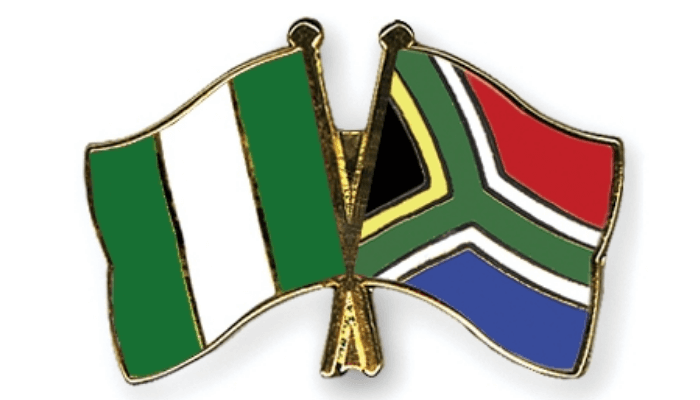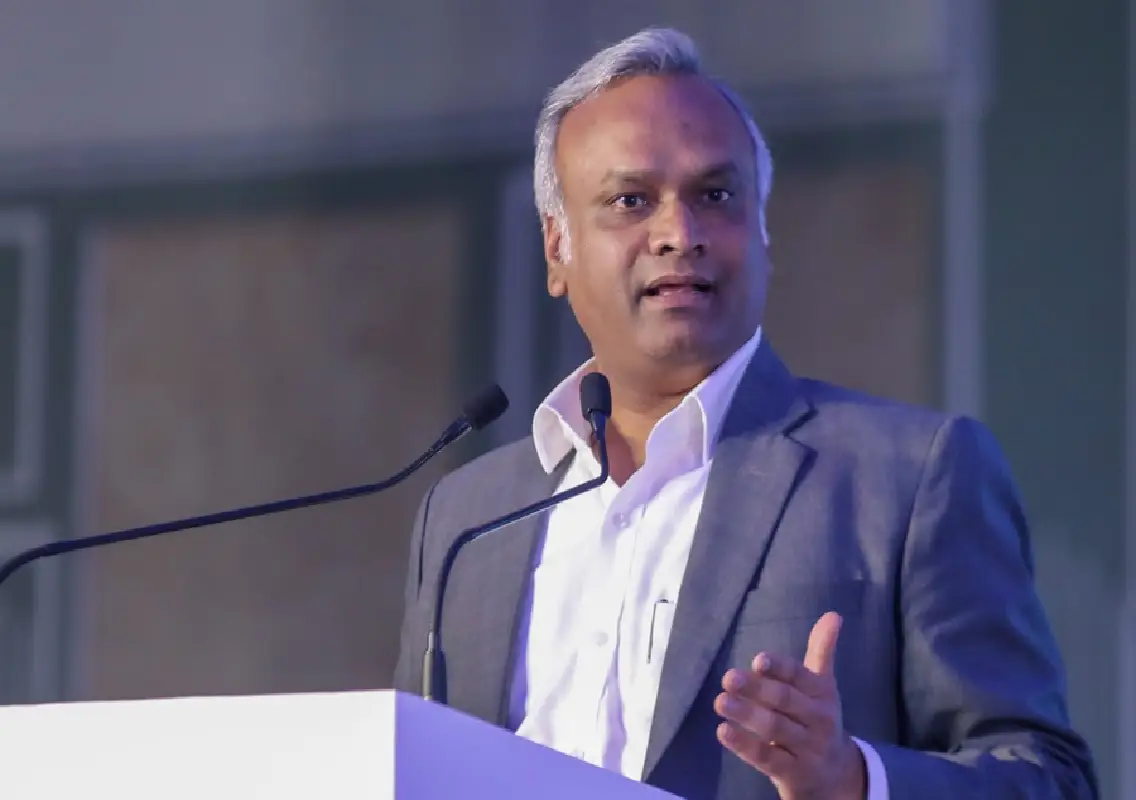By Royal Ibeh
Copyright businessday

Nigeria and South Africa are moving to rebalance their economic relations by looking beyond oil and gas, with officials from both countries urging fresh investments in non-oil sectors as a pathway to deeper bilateral ties.
Alexander Temitope Ajayi, Nigeria’s acting high commissioner to South Africa, during a meeting with fellows of the MTN Media Innovation Programme (MTN-MIP) Cohort 4 in Pretoria, said the time had come for entrepreneurs and investors to diversify commercial activity between Africa’s two largest economies.
While South African companies like MTN, Shoprite, and Multichoice have successfully penetrated Nigeria’s market, relatively few Nigerian firms have expanded southward. This imbalance contributes to skewed trade statistics that are often distorted by crude oil exports.
Read also: Nigeria non-oil revenue hit N20.59 trillion or 40.5% rise in 8 months Presidency
“Many South African companies operate successfully in Nigeria, while relatively fewer Nigerian businesses have established a similar footprint here. When you disaggregate oil and non-oil sectors, the picture changes and reveals opportunities to deepen trade and investment. This is an opportunity for Nigerian entrepreneurs to explore South Africa’s markets beyond oil,” Ajayi explained.
The acting commissioner, who reaffirmed the historic bond between the two nations since Nigeria’s frontline role in supporting the fight against apartheid, stressed that economic collaboration must now extend into technology, agriculture, manufacturing, and services. He welcomed ongoing cultural exchanges, such as Nollywood collaborations and Nigerian music’s rising influence in South Africa, describing them as a vibrant foundation for stronger people-to-people ties.
To safeguard Nigerian citizens, the envoy disclosed that an MoU on an early-warning mechanism to address attacks on nationals in South Africa is expected to be signed in October. “Coupled with cultural integration, social exchange, and robust trade, protecting our citizens is critical to sustaining trust and goodwill,” he said.
Looking ahead, Abuja will host a G20 high-level summit on industrialization and agriculture in October, where Nigerian officials plan to spotlight new investment opportunities. The event, aligned with South Africa’s G20 summit, is expected to draw attention to areas where both countries can collaborate more effectively outside of extractives.
Beyond economics, the acting commissioner stressed that cultural and social integration will remain essential to strengthening relations. Nollywood collaborations, Nigerian music’s growing influence, and an increase in Nigerian-South African marriages reflect how ordinary citizens are forging connections that transcend politics and commerce.
“Coupled with media-driven narratives, cultural exchange, and robust policy engagement, the potential for deeper economic integration between Nigeria and South Africa is substantial. If our entrepreneurs rise to the occasion, both nations and indeed Africa as a whole will benefit,” Ajayi summed up.
The discussions came against the backdrop of MIP, a joint initiative of MTN Group, and Pan-Atlantic University, designed to strengthen African journalism and enhance continental narratives.
Isaac-Ogugua Ezechukwu, the director, professional education, school of media and communication, Pan-Atlantic University, said media should be treated as national infrastructure because of its role in accountability and public debate. “A weak media can lead to the collapse of the public sphere. Supporting journalism strengthens social cohesion, which in turn underpins successful trade and investment relations,” Ezechukwu affirmed.
Funsho Aina, senior manager of external relations at MTN Nigeria, explained that the training would give journalists direct exposure to policymakers and institutions in both countries. “By meeting government officials, policy formulators, and the media here in South Africa, participants will gain deeper insights that allow them to report more fairly and insightfully on both societies,” he said.
For MTN Group, the program doubles as a platform for economic diplomacy and corporate social investment.
Dominic K. Khumalo, a senior manager for strategic public affairs at the MTN Group, said the initiative empowers African journalists to tell Africa’s story on its own terms. “Too often, global narratives about Africa are framed around poverty and conflict. The Media Innovation Program dares to ask a different question: What if Africa writes its own stories? When African journalists are trained and connected, the stories they tell can transform perceptions and even open doors to economic opportunities,” Khumalo asserted.
Read also: Non-oil exports emerging as Nigeria’s new source of FX NOA
He described Nigeria and South Africa as “twin engines of Africa’s prosperity” and urged collaboration over competition. “Our future deserves more than headlines of despair. It demands stories of innovation, resilience, and unity,” Khumalo said.
Bobby Moroe, South Africa’s consul general to the Federal Republic of Nigeria, also welcomed the initiative, saying MIP provides a chance to reset perceptions between the two nations. “We commend MTN Group for this bold initiative, both for funding this program and for ensuring sustainability. MIP allows us to correct negative narratives by promoting accurate, balanced, and responsible reporting,” Moroe affirmed.
He added that media, whether traditional or social, plays a central role in shaping public opinion and diplomacy, adding that, “We must work collectively with journalists to tell our own stories, highlighting cooperation and solidarity rather than division. Social media can distort narratives, but together we can ensure the truth prevails.”



